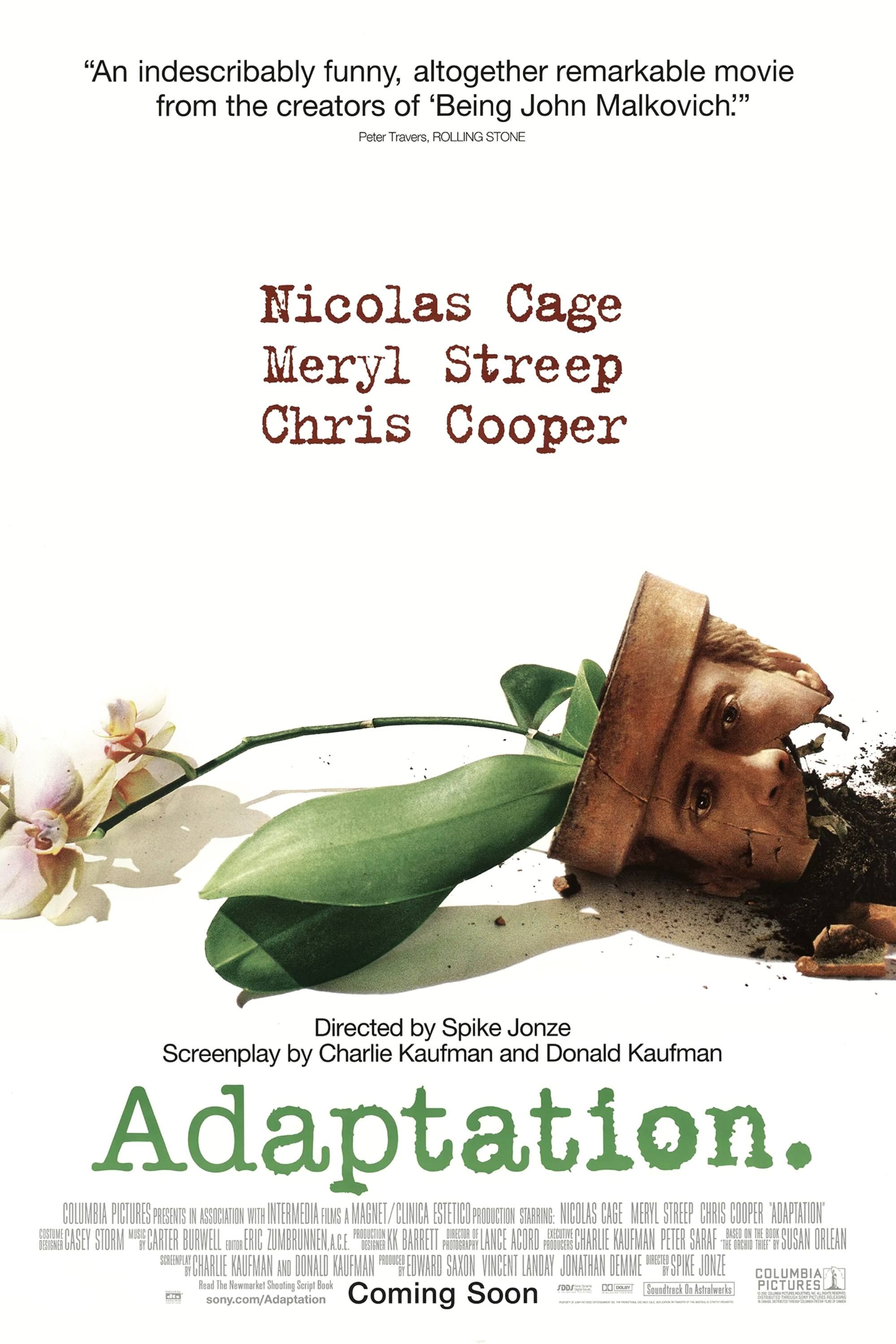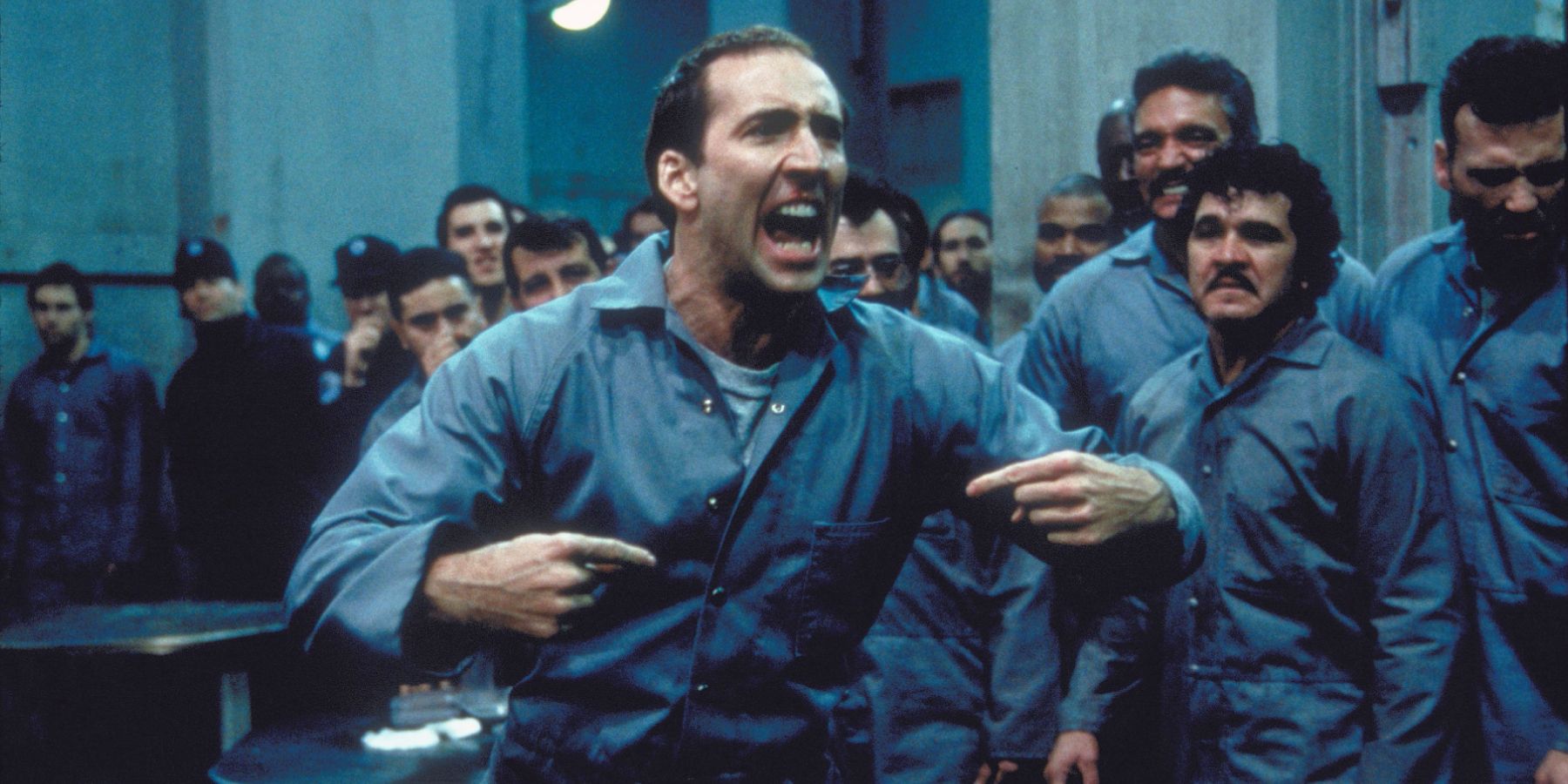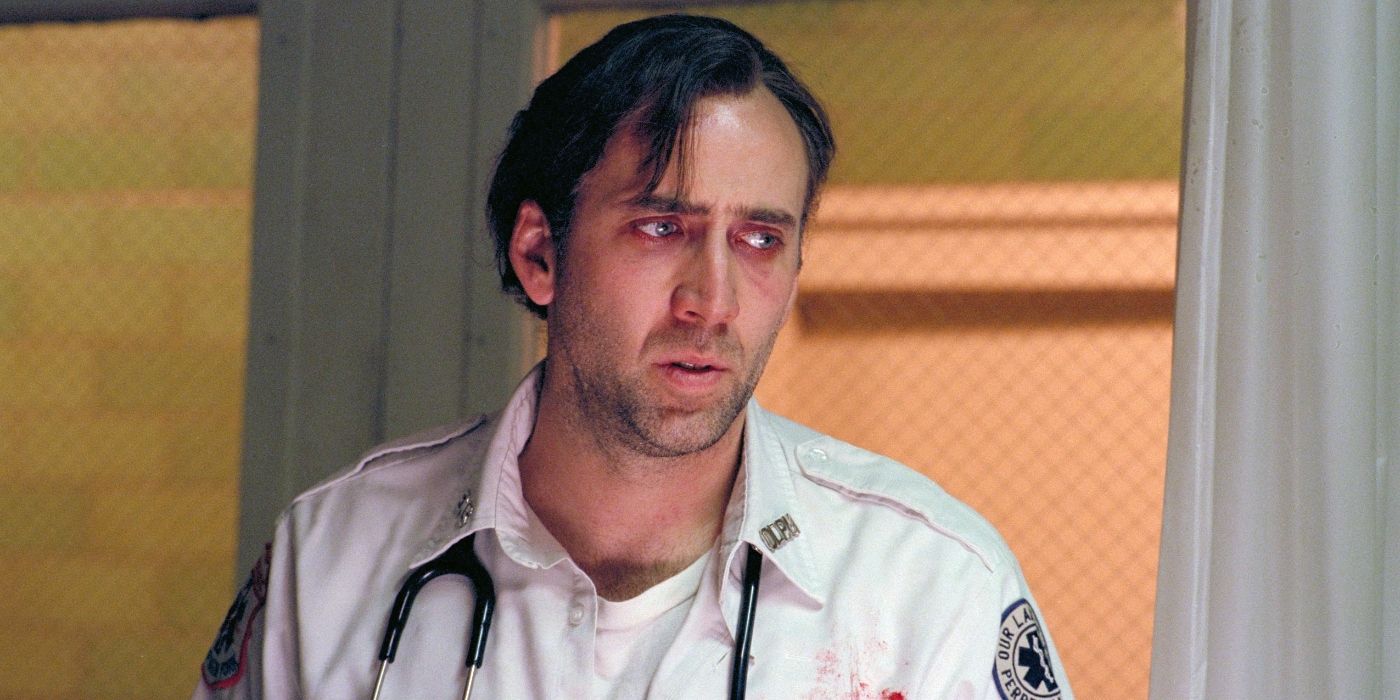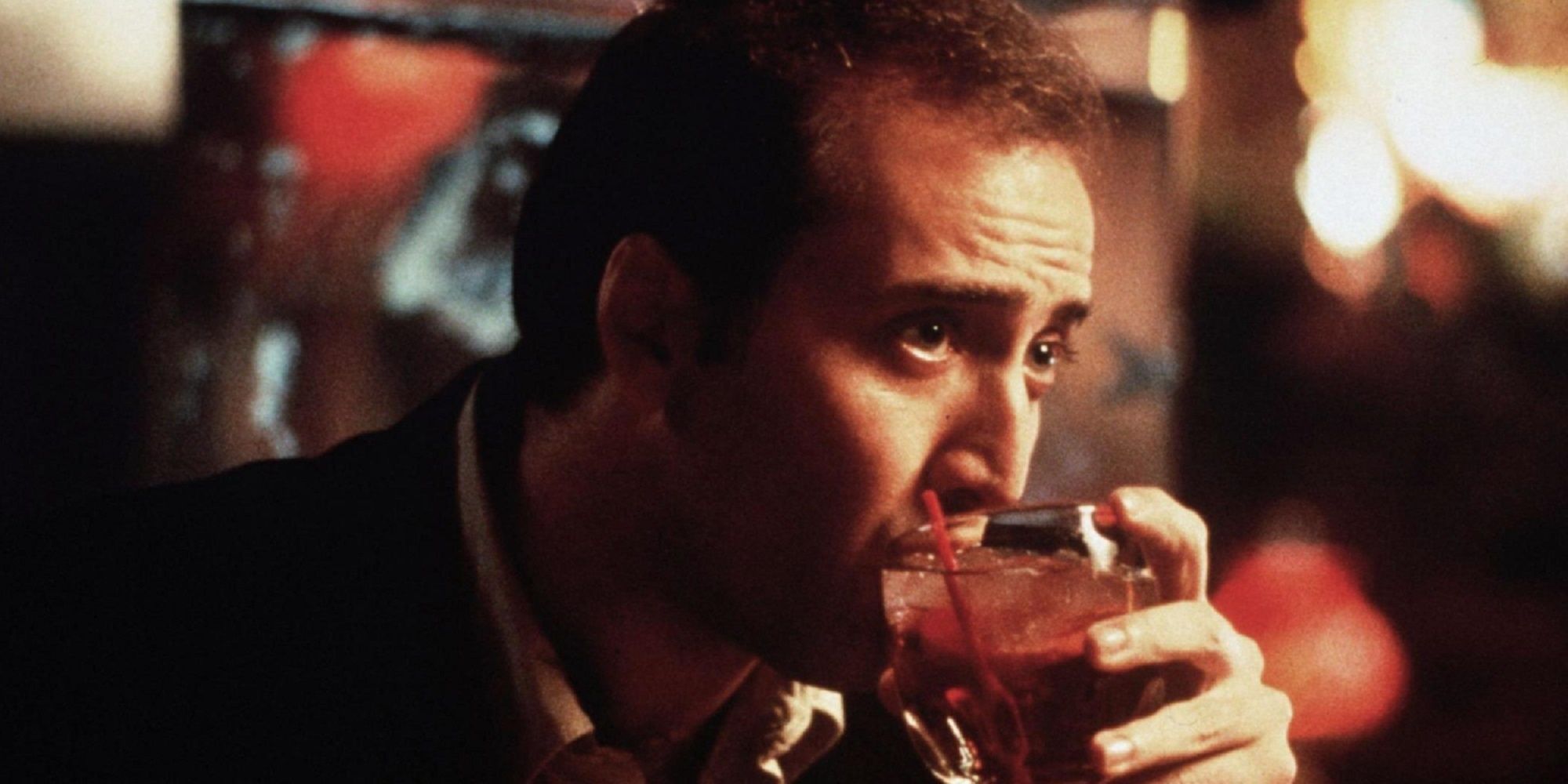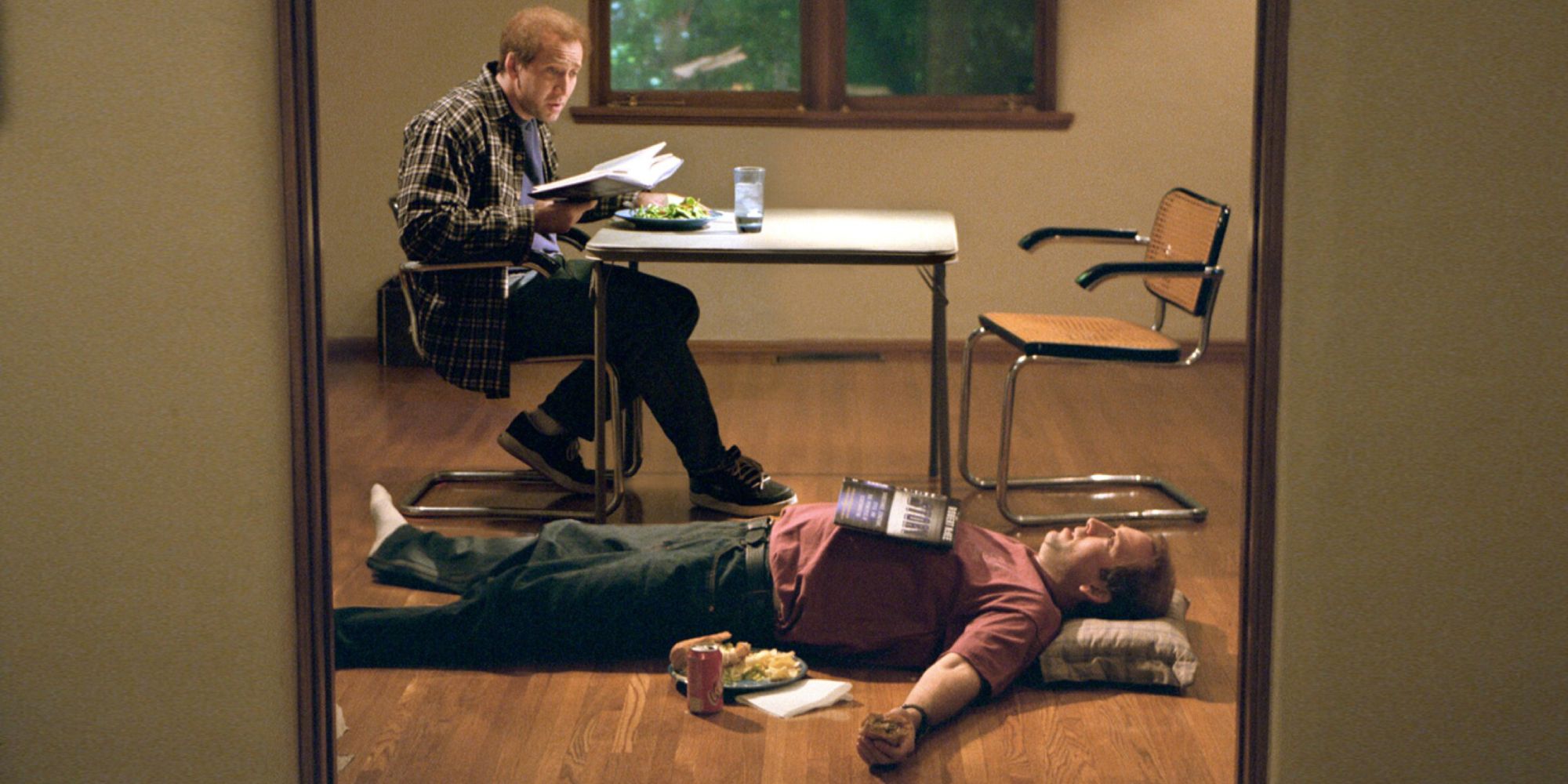To call Nicolas Cage a one-of-a-kind actor would be an understatement. He has been in so many movies and in a bunch of them, he is – for better or worse – Nicolas Cage. Well, not really. His acting style is often big, the opposite of self-conscious, and often hard to look away from, and lots of filmmakers have realized this and have utilized him in over-the-top roles. Recently, there have been the likes of Longlegs, The Unbearable Weight of Massive Talent, and Renfield, though there have also been movies like Pig that have allowed Cage to do subtler work. And when he’s playing a restrained role, he is surprisingly great. Nicolas Cage’s most memorable (or sometimes notorious) roles are anything but restrained, but he does have more range than some people give him credit for.
But all that being said, you have to take the wild with the subtle. Nicolas Cage is great because he can do both, and the following movies will hopefully demonstrate that. This ranking is just a small selection from Cage’s overwhelmingly large body of work, but it’ll hopefully show how great he can be in a variety of roles. Some of these are dramas, some are more action-focused movies, and then a couple are kind of comedic. There are plenty of great films that feature Nicolas Cage not included here (like Spider-Man: Into the Spider-Verse, which has been left off since that was a voice-only role), but if you want the prime cut films of his that could be described as masterful, then you’re in the right place.
5
‘Bringing Out the Dead’ (1999)
Directed by Martin Scorsese
It’s not one of the most well-known Martin Scorsese films, but Bringing Out the Dead is the only one the legendary filmmaker directed that also stars Nicolas Cage. They’re a surprisingly good match for each other, but also, the film is a good match for both individually. With Scorsese, there’s the fact that it takes place in New York City and has a psychological drama/thriller feel to it (a genre he also tackled with Taxi Driver and Shutter Island), while with Cage, there’s the physicality required of the lead role; it’s one that’s sometimes showy yet also restrained at other times. Said role is that of a sleep-deprived paramedic, with Bringing Out the Dead following him around on a handful of nocturnal shifts that have his grip on reality weakening more and more as they go on.
Bringing Out the Dead can be counted among Scorsese’s more underrated works, and Nicolas Cage’s performance here is also one of his best.
That’s to say it’s all quite a stressful movie, and also despairing at times, but at least Bringing Out the Dead makes it all compelling at the same time. It’s not just misery for misery’s sake, and it ends up being quite brilliant at how effectively it gets into the head of its protagonist. It can be counted among Scorsese’s more underrated works, and Nicolas Cage’s performance here is also one of his best, even though plenty of other films he’s been in are technically more well-known. He’s required to do a lot here, and it’s a performance that sees him – quite unexpectedly – occupy a space somewhere between intense/over-the-top and restrained.
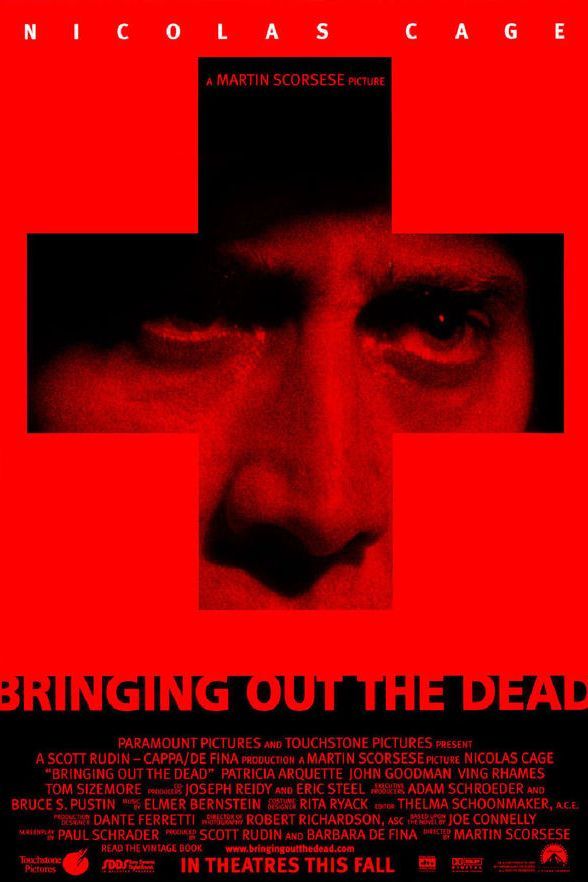
Bringing Out the Dead
- Release Date
-
October 22, 1999
- Runtime
-
121 Minutes
- Writers
-
Joe Connelly, Paul Schrader
4
‘Mandy’ (2018)
Directed by Panos Cosmatos
Speaking of Nicolas Cage movies that are a little restrained yet also over-the-top, here’s Mandy, which isn’t really an in-between performance, like with Bringing Out the Dead. Instead, it’s a movie of two halves, with the first half being quiet and occasionally eerie, and thereby featuring a more low-key Cage, and then the second half goes wild and gets far more violent, with Cage appropriately exploding in the process. Nothing more can be said about Mandy without giving away the entire plot, since on a narrative front, it is a very simple affair. Maybe the plot doesn’t matter too much, so knowing what happens technically wouldn’t ruin things, but there’s a definite emotional journey the film wants to take you on, and it’s best experienced when knowing as little as possible.
As far as the non-narrative things are concerned, as mentioned before, Mandy is especially compelling because it allows Nicolas Cage to thrive in two modes. The switch between them is well done and narratively motivated, and the quietness of the first half contrasts in a fascinating way with the violence and more bizarre qualities found in the second half… though the first half is also offbeat, just in different ways. Mandy is great, but it’s great in a way that might not be for everyone. It’s a jarring and abrasive film, and it doesn’t always feel like smooth sailing while you’re watching it, but it lingers in the mind long after it’s over. It feels fittingly haunting for something that taps into the specific kind of horror/drama that it does, and also, nothing else quite feels – or plays out – like Mandy does.
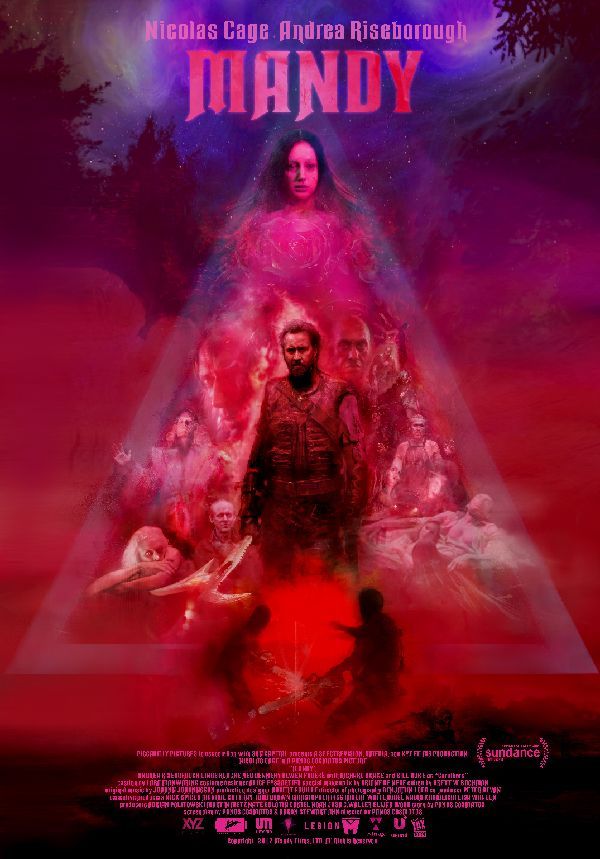
Mandy
- Release Date
-
September 14, 2018
- Runtime
-
121 Minutes
- Director
-
Panos Cosmatos
- Writers
-
Aaron Stewart-Ahn, Panos Cosmatos
3
‘Face/Off’ (1997)
Directed by John Woo
Containing what might be the highest concept a high-concept movie has ever had, Face/Off is a remarkably weird, fun, ridiculous, over-the-top, cheesy, endearing, and exciting movie. It pairs Nicolas Cage with John Travolta and allows both actors to go exceedingly big in more ways than one. Well, it gives them two ways to go big. Travolta plays the good guy, and Cage plays the villain, but then, when they swap faces, Cage becomes the good guy (since Travolta’s character is wearing Cage’s face), and then Travolta hams it up as the villain (since Cage’s character is wearing Travolta’s face). It’s just wonderful that this movie really exists – and cost nearly $100 million – and wasn’t just someone’s bizarre fever dream.
Actually, Face/Off is still kind of a fever dream, but one committed to celluloid; an eternal and hilarious nightmare of bombast, silliness, and explosions. It is a science fiction movie on top of being a massive action blockbuster, and it has John Woo directing at the top of his game, leaning into all his trademark quirks and impulses, yet having everything work surprisingly well. If you can’t get on board with the central premise behind Face/Off, the whole movie might well be exhausting, but if the idea of Cage and Travolta swapping faces in a movie directed by John Woo sounds like a blast, then you will very likely find next to nothing disappointing about Face/Off.
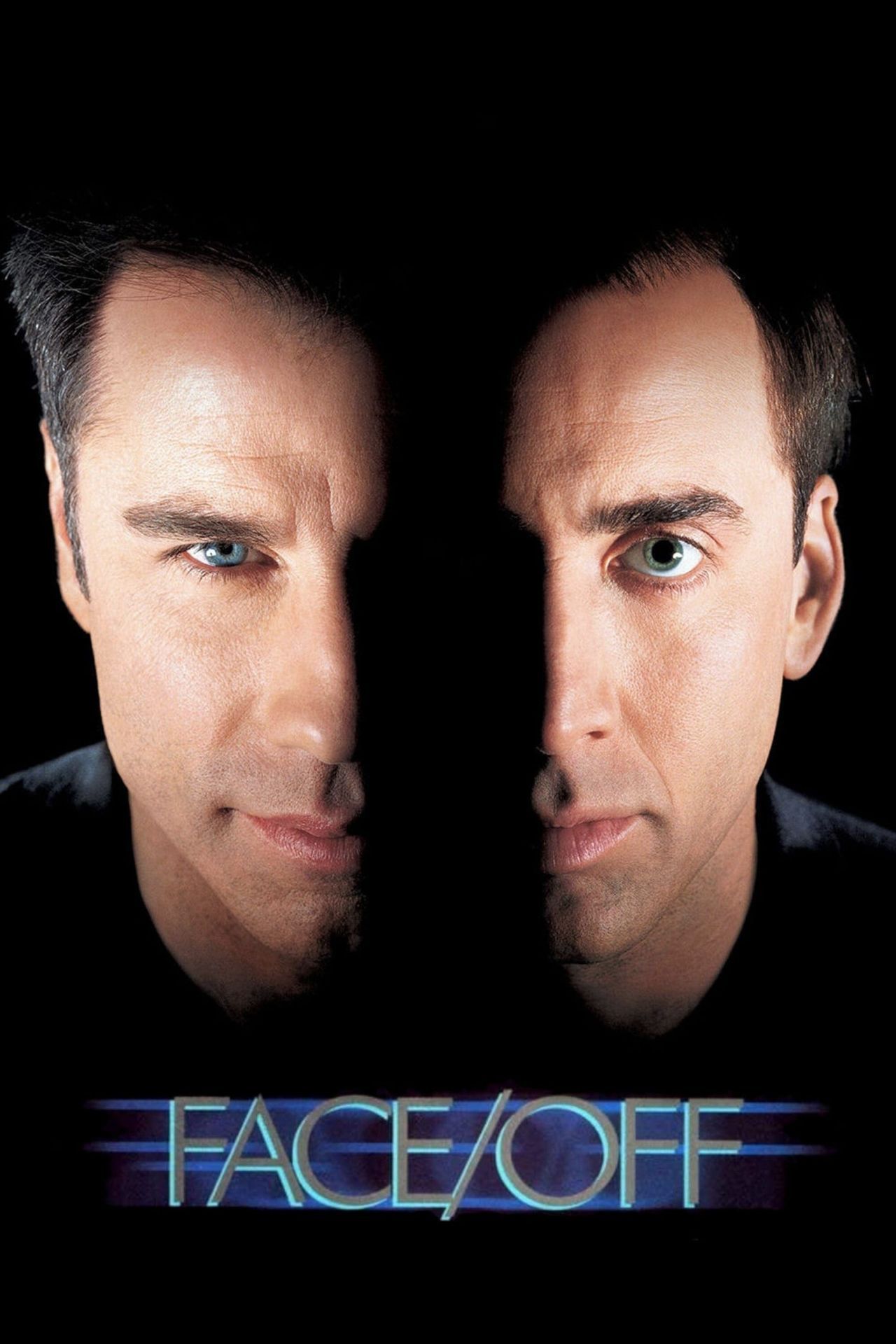
2
‘Leaving Las Vegas’ (1995)
Directed by Mike Figgis
On the complete opposite end of things tonally to Face/Off is Leaving Las Vegas, which came out just two years earlier and features Nicolas Cage giving an Academy Award-winning performance. It’s a neat piece of trivia that Cage – who’s sometimes described as an actor of questionable, rather than massive, talent – has an Oscar win, but he deserved it here, because his performance is committed, moving, and truly intense. He plays a screenwriter who’s been battling alcoholism, and has reached a point where things have gotten so bad that he doesn’t see the point in going on. So, he leaves Los Angeles and goes to Las Vegas with the intention of drinking himself to death.
It’s as heavy as you’d expect from a premise like that, with the film’s screenplay pulling few punches and Cage’s performance being just as uncompromising. Leaving Las Vegas explores a difficult and confronting topic in a forthright and harrowing way, making it easily one of Cage’s most drama-heavy movies, though it can also be called a romantic drama, in a way, given the dynamic that develops between him and a sex worker he meets in Las Vegas. It’s one of those movies that should be watched once, even though it’s probably difficult to imagine watching it again, but that’s something that can be said about many particularly heavy dramas. And Leaving Las Vegas should be serious, considering what it’s about, and its authenticity – helped by Cage’s performance – is central to making it such a difficult yet important film.
1
‘Adaptation’ (2002)
Directed by Spike Jonze
Adaptation features Nicolas Cage playing two roles, with one having the same name as the film’s writer, Charlie Kaufman, and the other being Charlie Kaufman’s twin brother, Donald, who doesn’t actually exist in real life. So it’s not quite autobiographical, but it rides the line between autobiography and fiction, and that can be seen by the fact that some other characters in Adaptation are based on real people, including Susan Orlean (Meryl Streep) and Robert McKee (Brian Cox). Describing the plot is easier said than done, as a result, but broadly, it’s about Charlie Kaufman struggling to adapt The Orchid Thief (written by Susan Orlean) into a screenplay, while Donald Kaufman also finds himself motivated to become a screenwriter.
It’s all very mind-bending and strange, but also quite funny at times while proving to be one of the best movies out there about procrastination and writer’s block. Seeing Nicolas Cage act alongside himself is also a great deal of fun, and it’s one of the actor’s more varied and nuanced roles, too, considering how much he’s asked to do, and how well he pulls the variety of scenes off. The acting by the rest of the cast is also great, and Adaptation, thanks to its screenplay, is also the kind of movie that gets better the more you think about it. Big and ambitious things are explored here without things ever getting too pretentious, and while keeping the film overall entertaining, and so it more than earns the right to be considered one of the all-time great metafictional movies.
